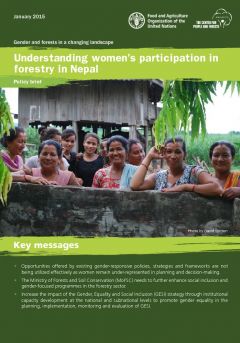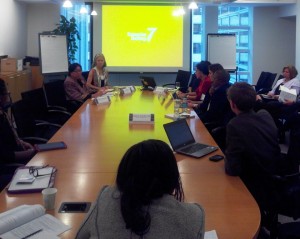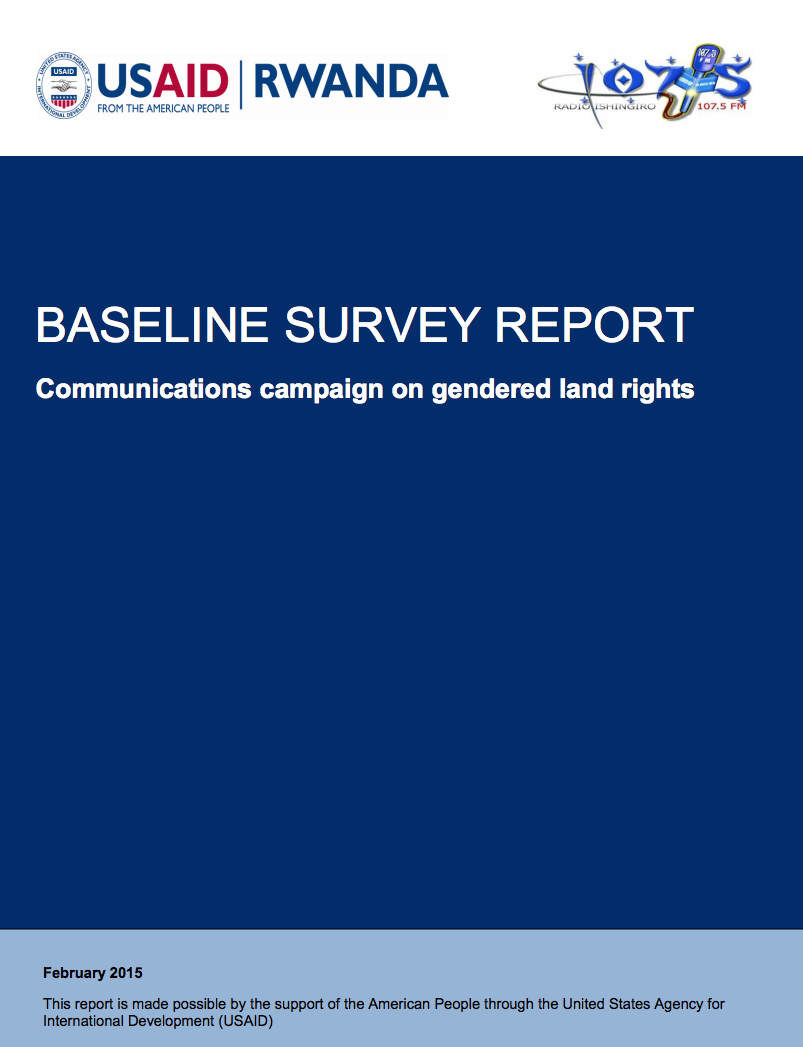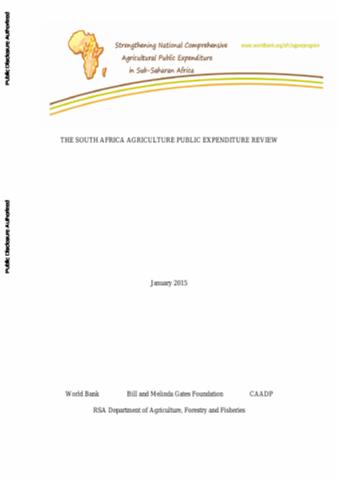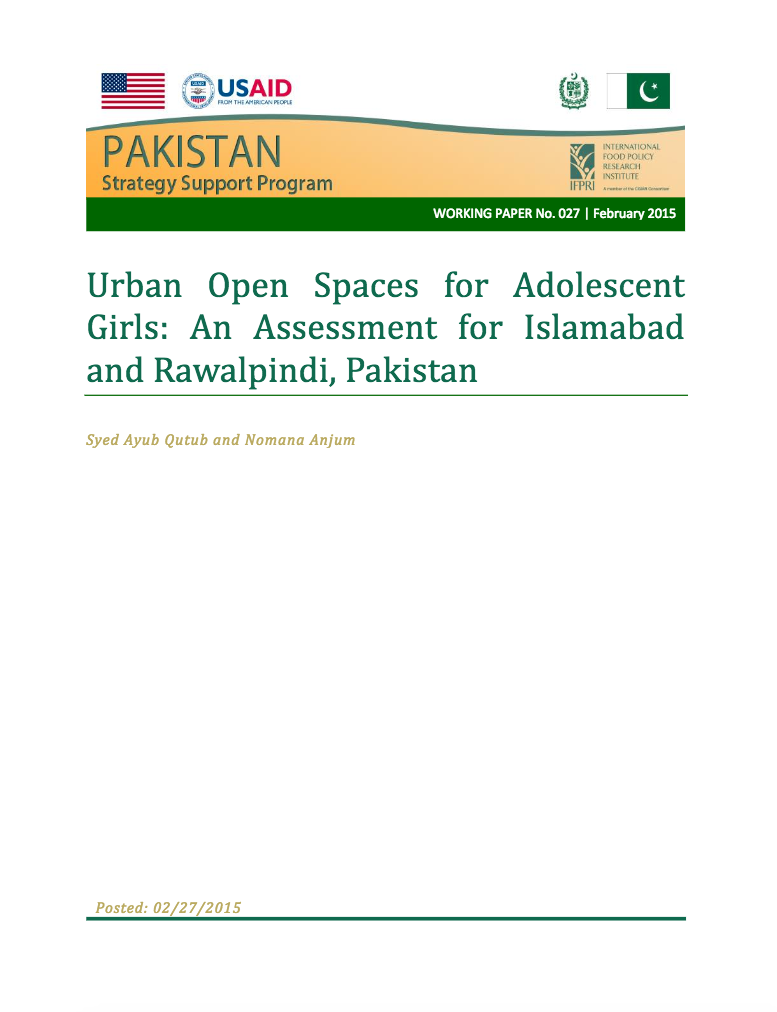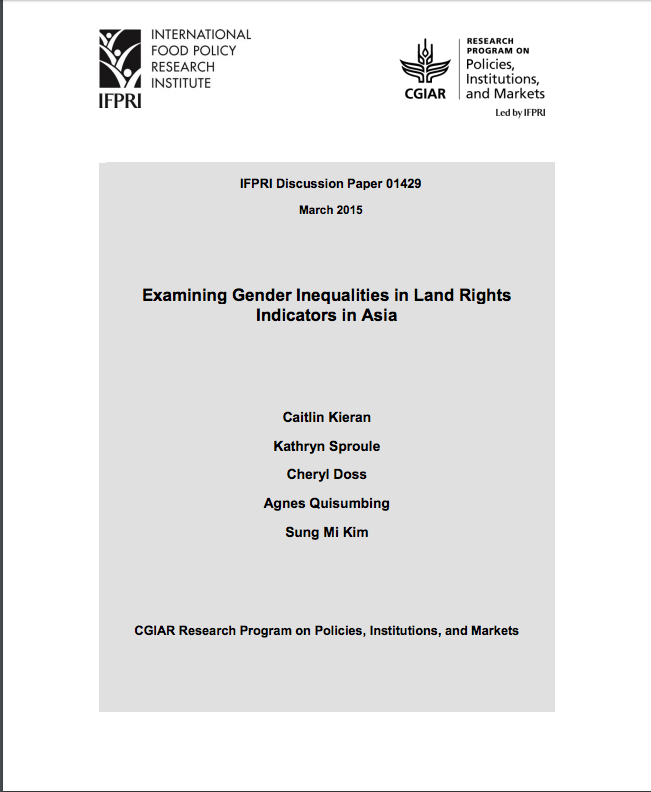Mainstreaming Gender into Forest Policies in Asia and the Pacific
This report was developed as a part of the regional initiative, ‘Mainstreaming gender into forest policies of developing Asia-Pacific Forestry Commission (APFC) member countries,’ funded by the Food and Agriculture Organization of the United Nations’ Regional Office for Asia and the Pacific (FAO-RAP).



